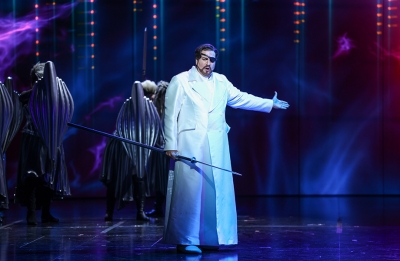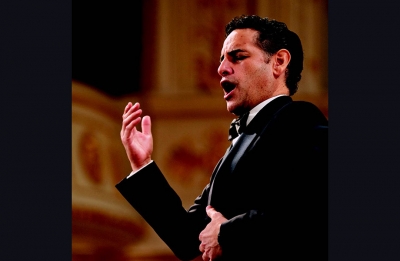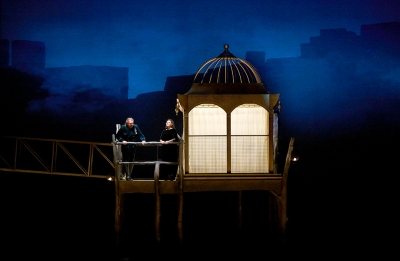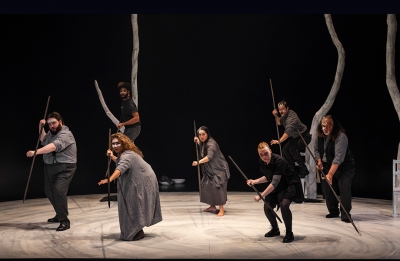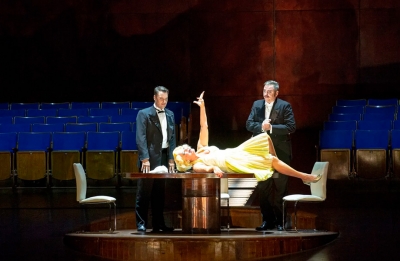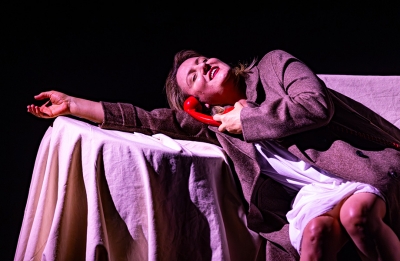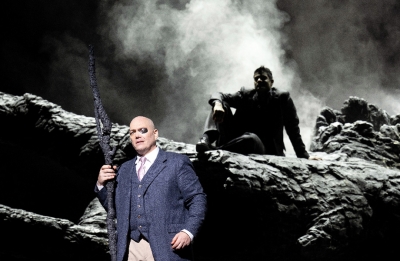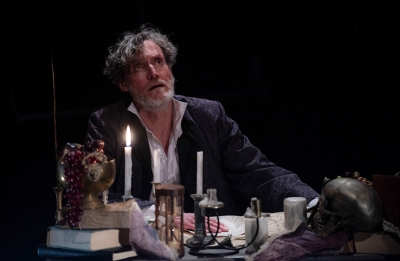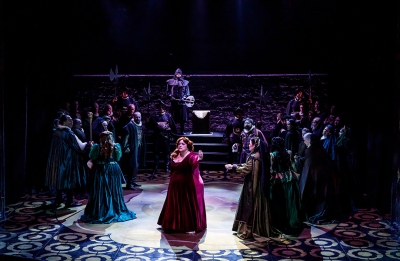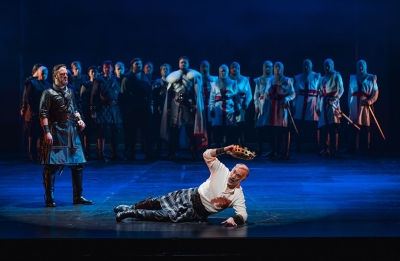Opera
Juan Diego Flórez, now fifty, rose to prominence in his early twenties. His first La Scala success, in 1996, was promptly followed by débuts at Covent Garden (1997), the Vienna State Opera (1999), and the Metropolitan Opera (2002), houses where he still performs regularly. His major roles have included Count Almaviva and Nemorino. Alfredo Germont, in La Traviata, is a new addition; he was singing it in Vienna during the recent ABR tour.
... (read more)The ABR/Academy Travel Vienna tour, now drawing to a close, has revealed some of the riches in this monumental city – the architecture, the art collections (especially the mighty Kunsthistorisches Museum and the brilliant, newish Leopold Museum, with its host of Schieles and Klimts), Emperor Franz Joseph’s Ringstrasse, the general ambience of the city, not to mention the Kardinalschnitte at Gerstner Konditorei.
... (read more)The birth of a new opera is always exciting. Unlike a play or a sonata, an opera brings together a variety of art forms, with performers and creatives drawn from many different backgrounds. The libretto of Christopher Sainsbury’s The Visitors draws on a new, more gender-balanced version of an existing play, Jane Harrison’s The Visitors (2020), currently running in Sydney and Wollongong.
... (read more)Wagnerians are like elephants: they never forget. Though the Royal Opera House may have become less conscientious about printing performance histories in its handsome red-covered programs, for many the memories of past Ring cycles at Covent Garden live on. That may not always be a healthy thing – there are of course few more necrophiliac artforms than opera – but it’s impossible to view the opening of Barrie Kosky’s new Ring in isolation.
... (read more)Biographica, an opera in twelve scenes for one actor, five singers, and eleven musicians, was premièred to considerable acclaim by Sydney Chamber Opera at Carriageworks as part of the 2017 Sydney Festival. The creative team of composer Mary Finsterer and librettist Tom Wright subsequently had another success there with Antarctica as part of the Sydney Festival 2023; Finsterer and Wright can now be considered two of the most important creative voices working in Australian opera today.
... (read more)The fecundity of Gaetano Donizetti in the 1830s – when he was in his thirties – was exceptional, even during those rampant years for Italian opera. His successes were frequent: Anna Bolena (1830), L’elisir d’amore (1832), Lucrezia Borgia (1833), Maria Stuarda (1834), and Lucia di Lammermoor (1835), perhaps his finest achievement. Donizetti, who wrote about seventy operas in all before his mental collapse in 1846, was the nimblest of composers. Between L’elisir and Lucrezia, for instance, came four operas, all rarities today.
... (read more)During his five years as artistic director of State Opera South Australia, Stuart Maunder steered the company out of bleak times to some moments of genuine glory with a number of theatrically strong if mostly smaller productions. Among them, Sweeney Todd and Turn of the Screw stood out for their psychological realism, but he will also be remembered for having revived Richard Meale’s Voss in a highly successful semi-staged version in 2022.
... (read more)

